Reportar esta entrada
Más sobre la misma comunidad-colección
Plaza San Jacinto 2016 - Navidad 2016
Ice skating ring was located by the Art Museum -- during the ...
Plaza San Jacinto 2016 - Navidad 2016
Ice skating rink was located by the Art Museum -- during the ...
Celebración de Luces - Plaza de San Jacinto - 2016
Crowd during the Celebration of Lights - San Jacinto Plaza. ...
Festival de invierno- Patinaje sobre hielo - El centro - 2016
Ice skating in downtown El Paso, Texas. Photograph taken during ...
Festival de invierno- Patinaje sobre hielo - El centro - 2016
Ice skating in downtown El Paso, Texas. Photograph taken during ...
Festival de invierno- Patinaje sobre hielo - El centro - 2016
Ice skating in downtown El Paso, Texas. Photograph taken during ...
Festival de invierno- Patinaje sobre hielo - El centro - 2016
Ice skating in downtown El Paso, Texas. Photograph taken during ...
Festival de invierno- Globo de nieve - 2016
Snow Globe - the public can take their photograph inside a giant ...
Museo de Historia de El Paso - 2016
During the opening of the San Jacinto Plaza during the Christmas ...
Museo de Historia de El Paso - 2016
During the opening of the San Jacinto Plaza during the Christmas ...
Museo de HIstoria de El Paso- 2016
During the opening of the San Jacinto Plaza during the Christmas ...
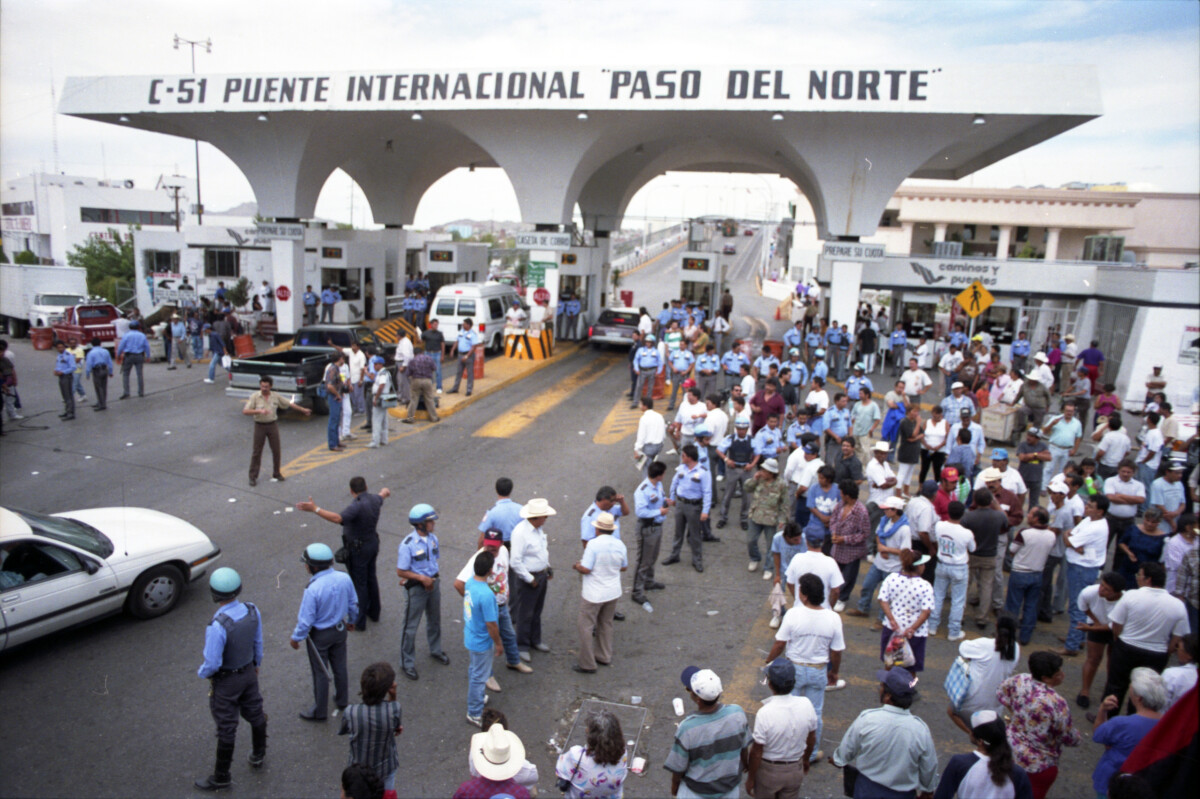
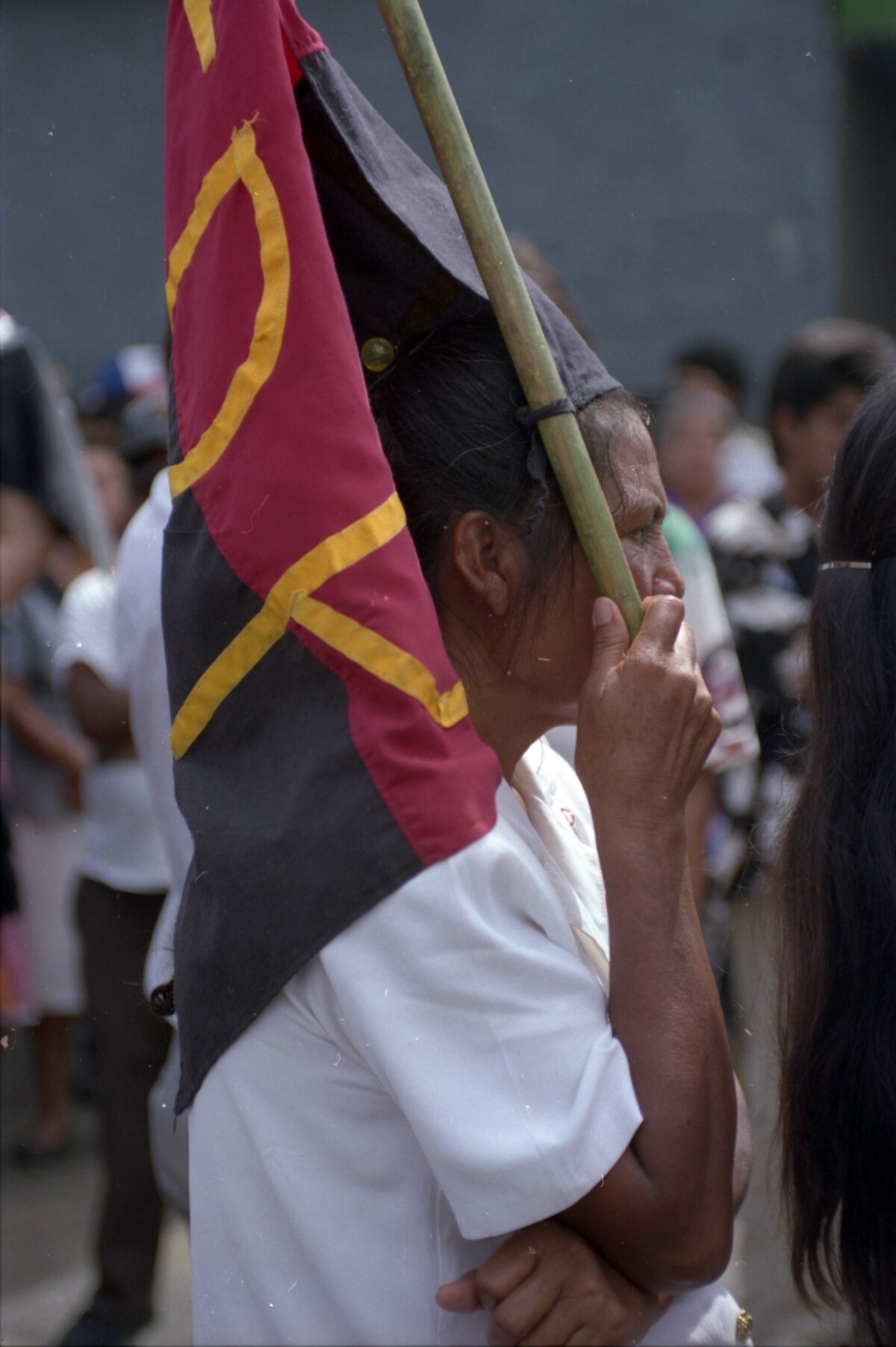
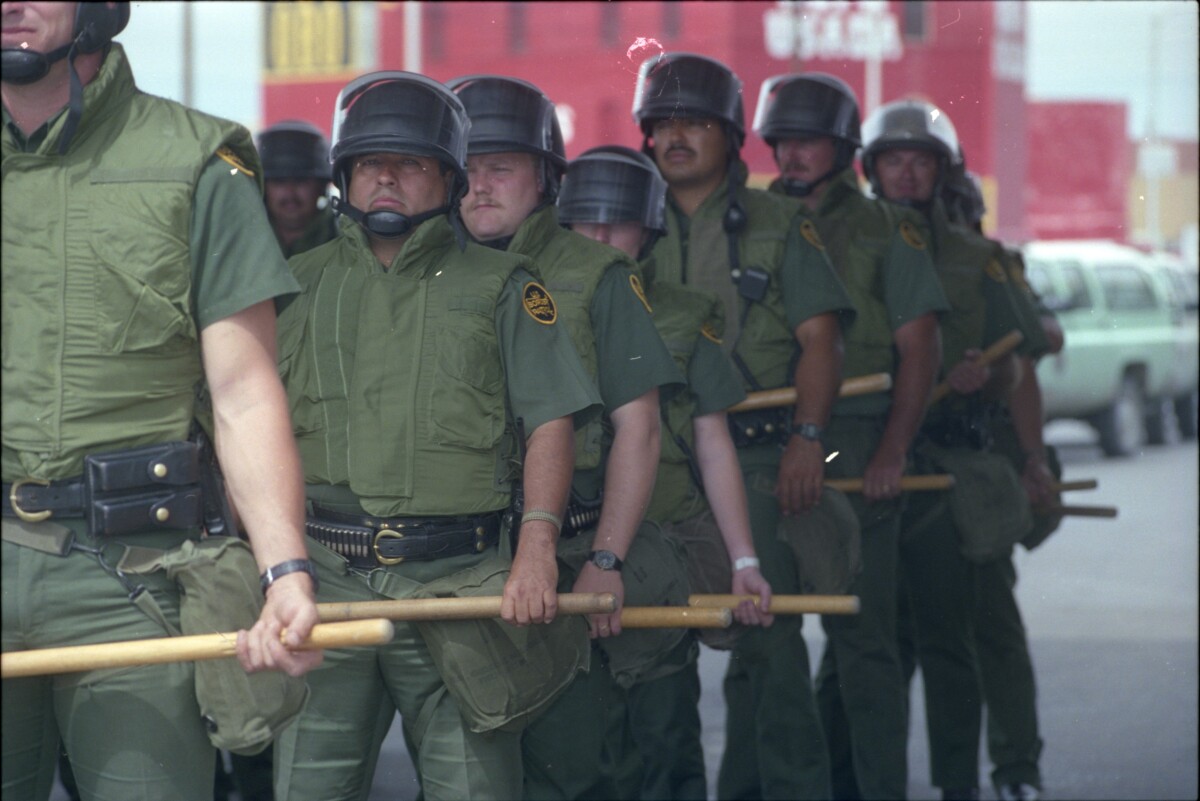
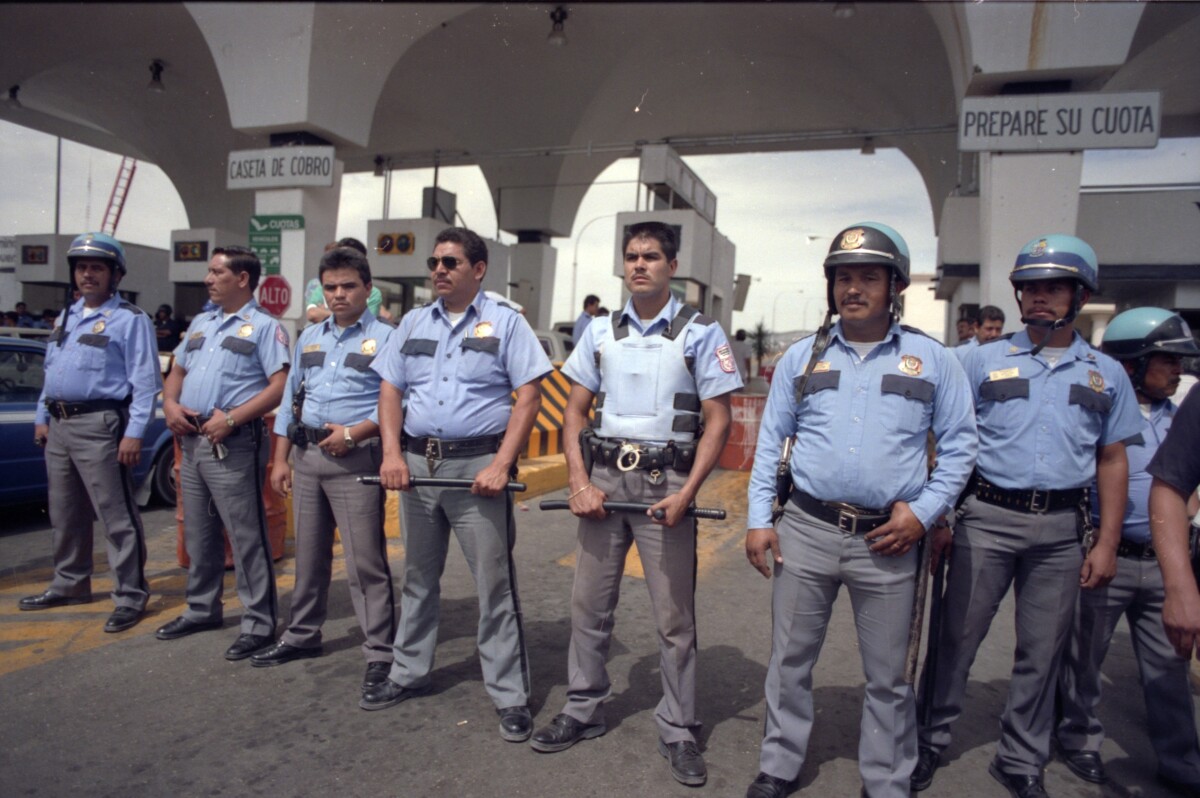
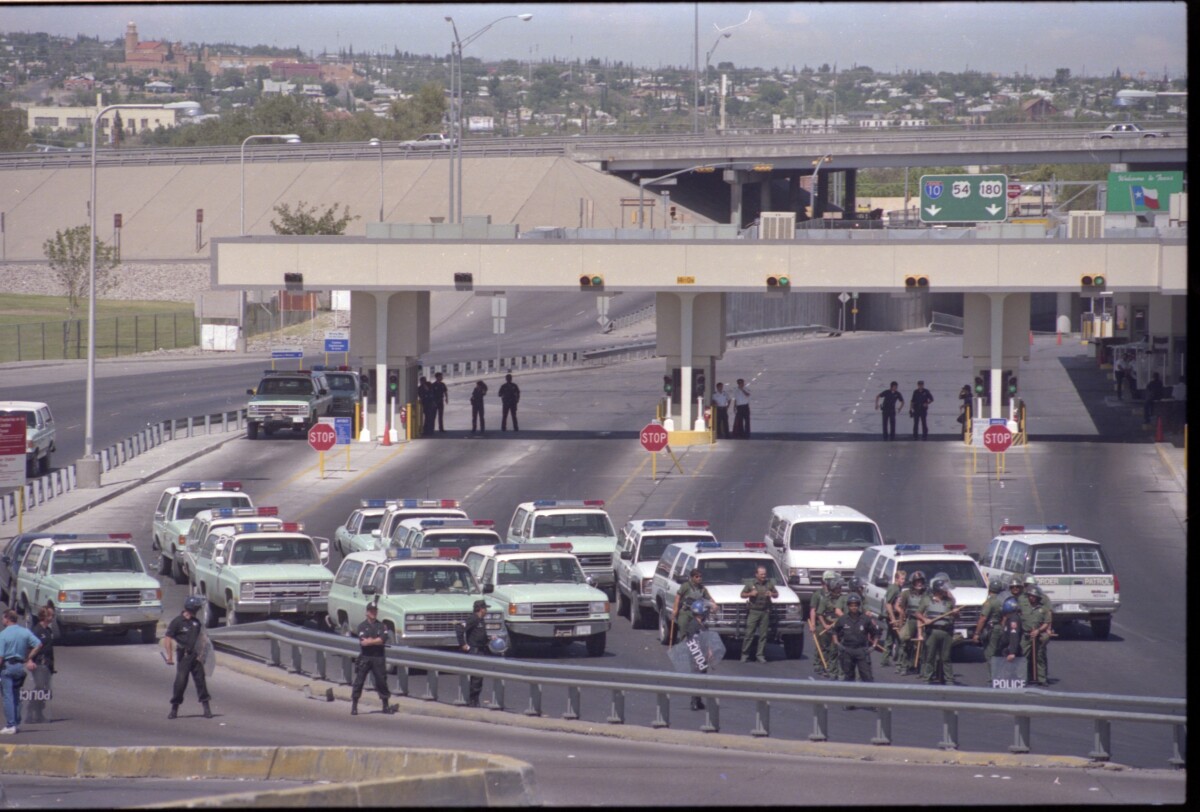
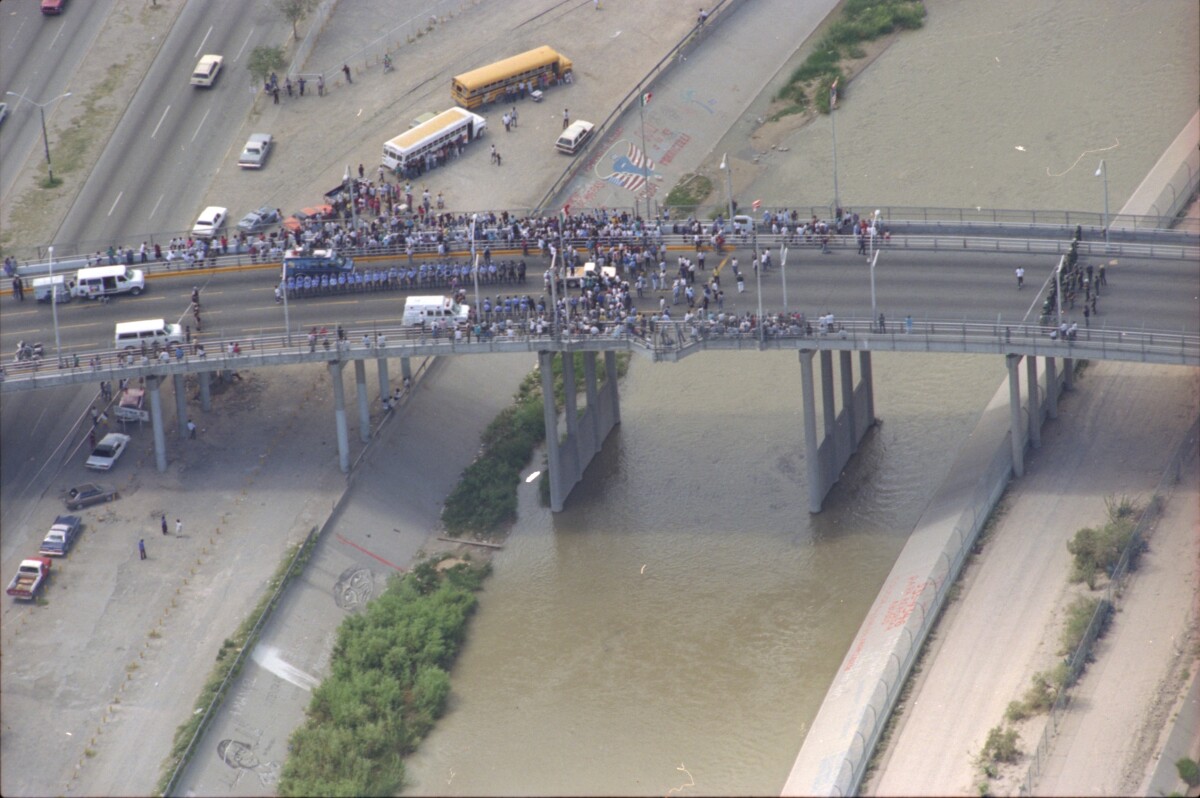
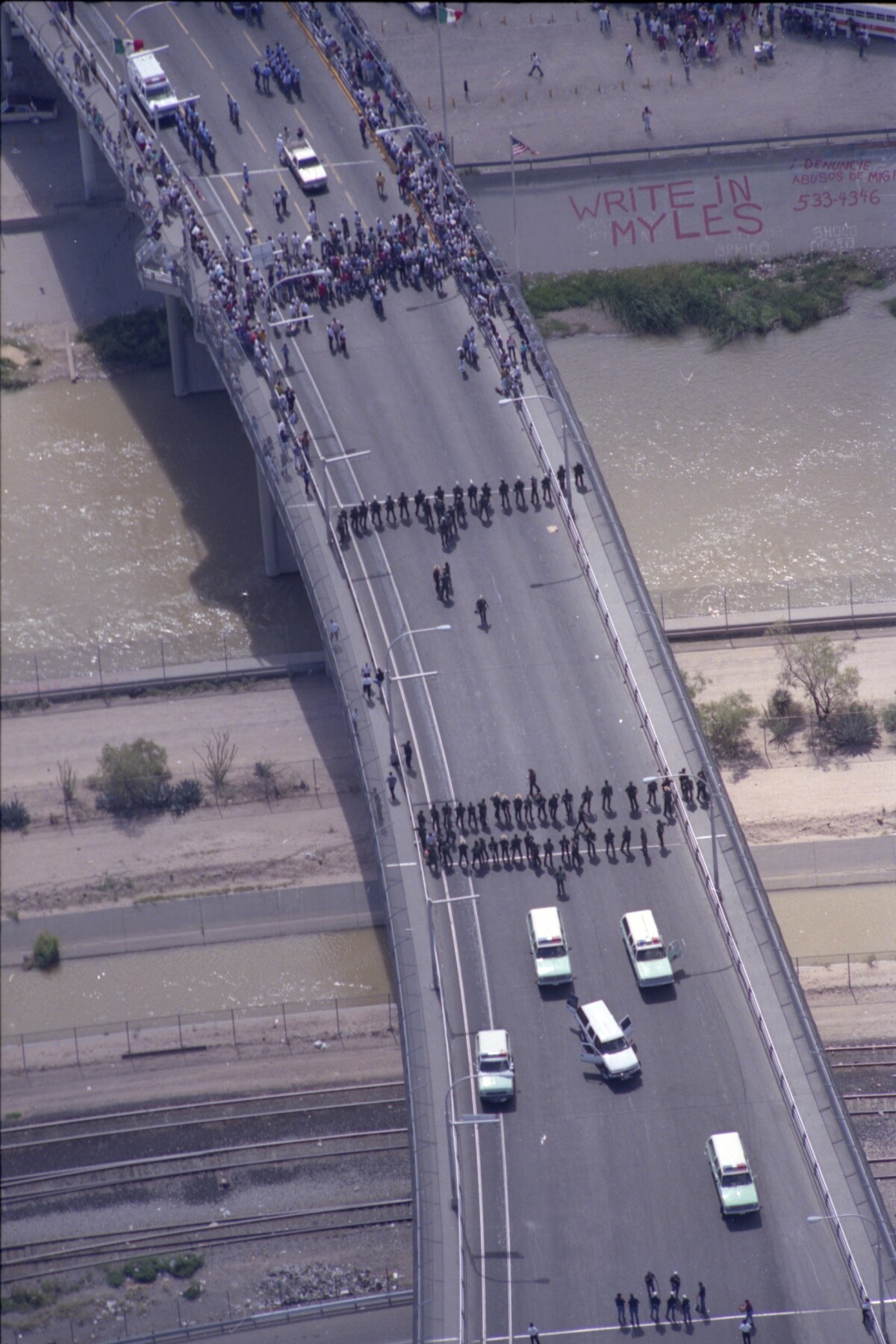







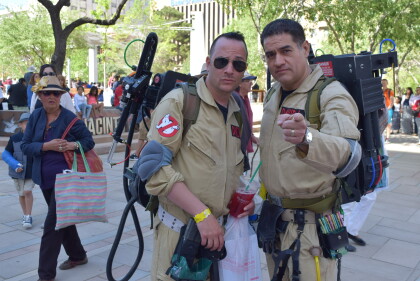
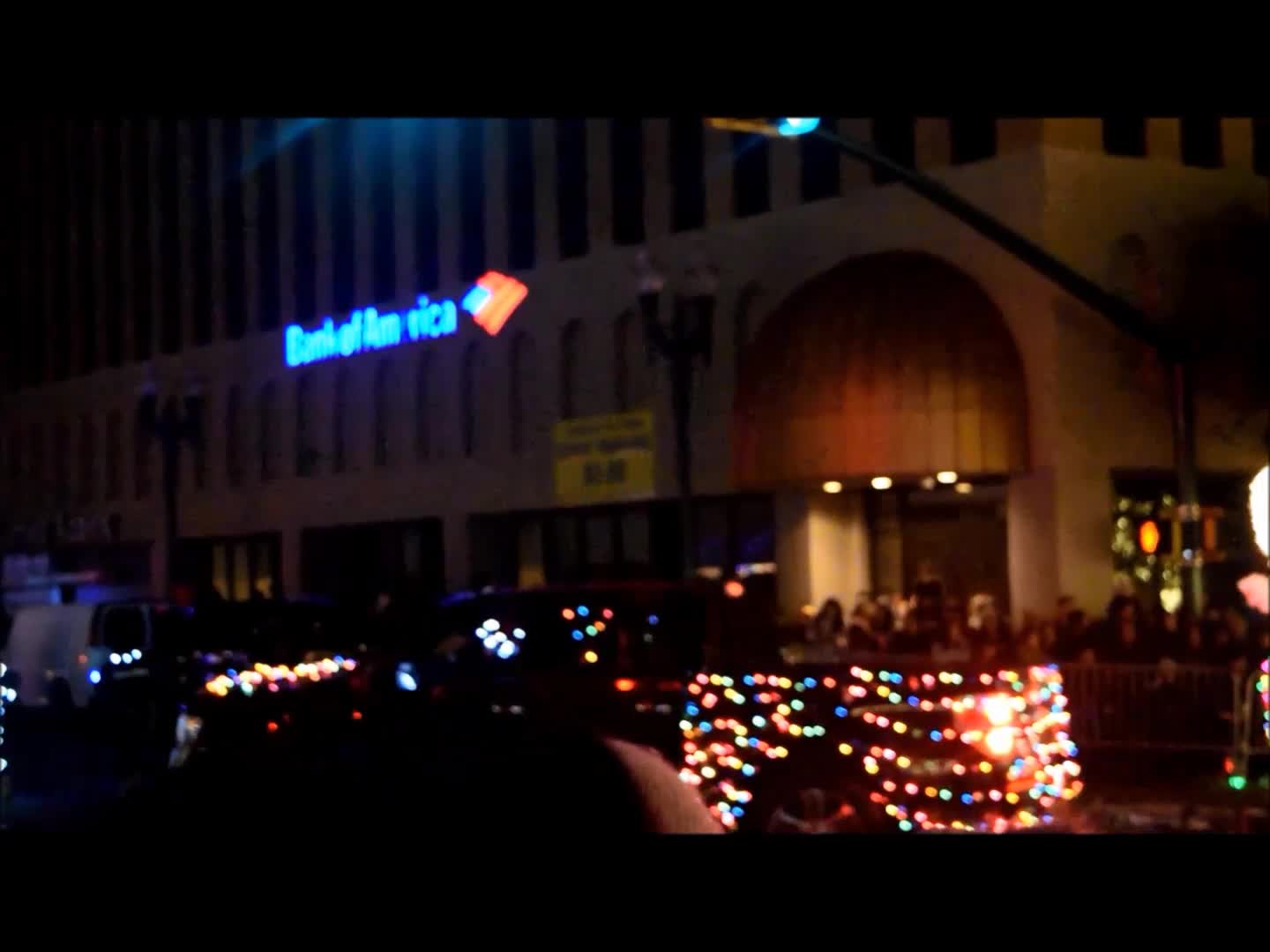



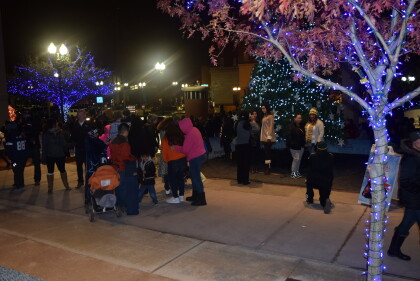


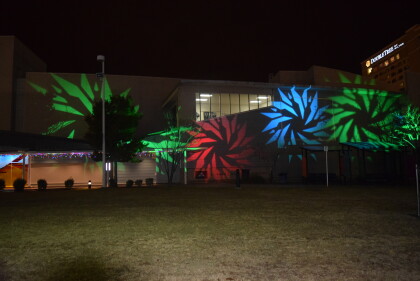
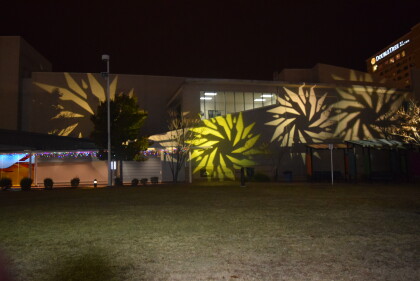

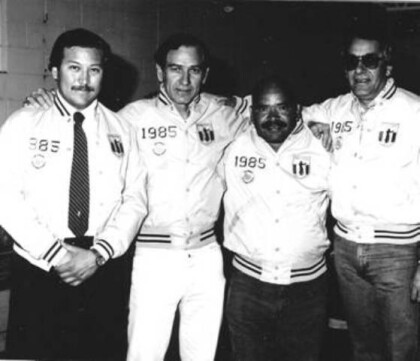
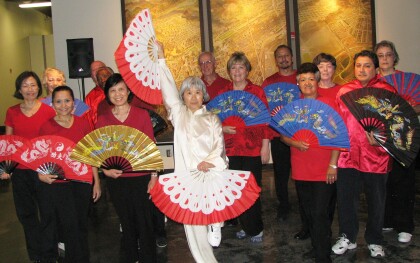
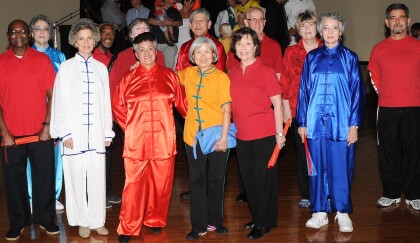


Comentarios
Hacer un comentario